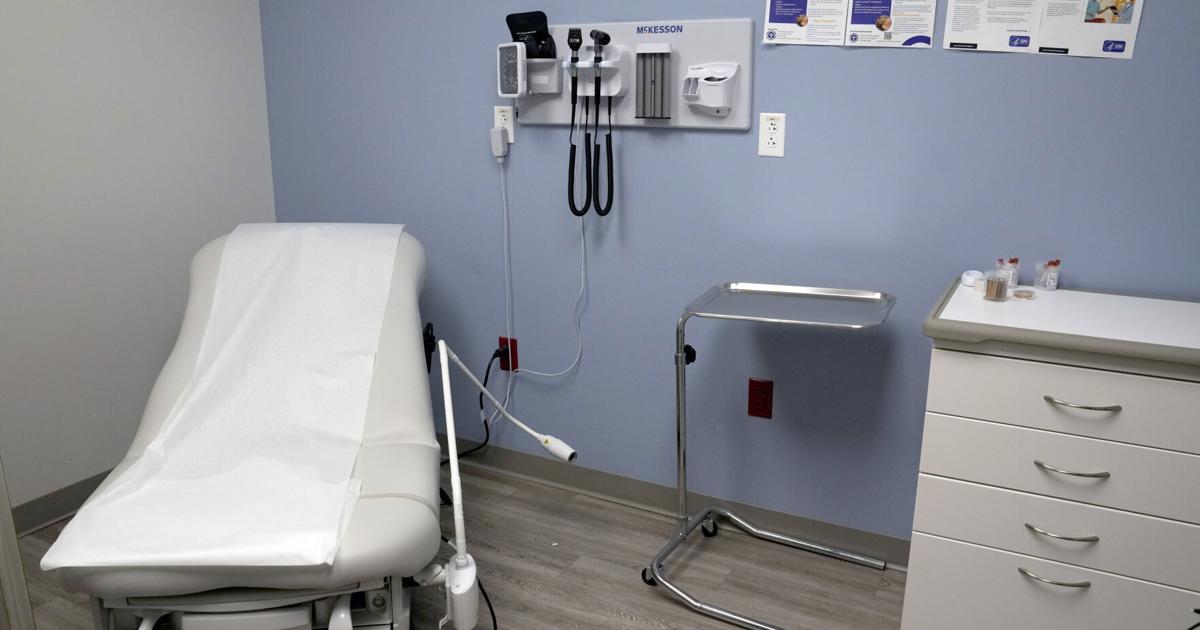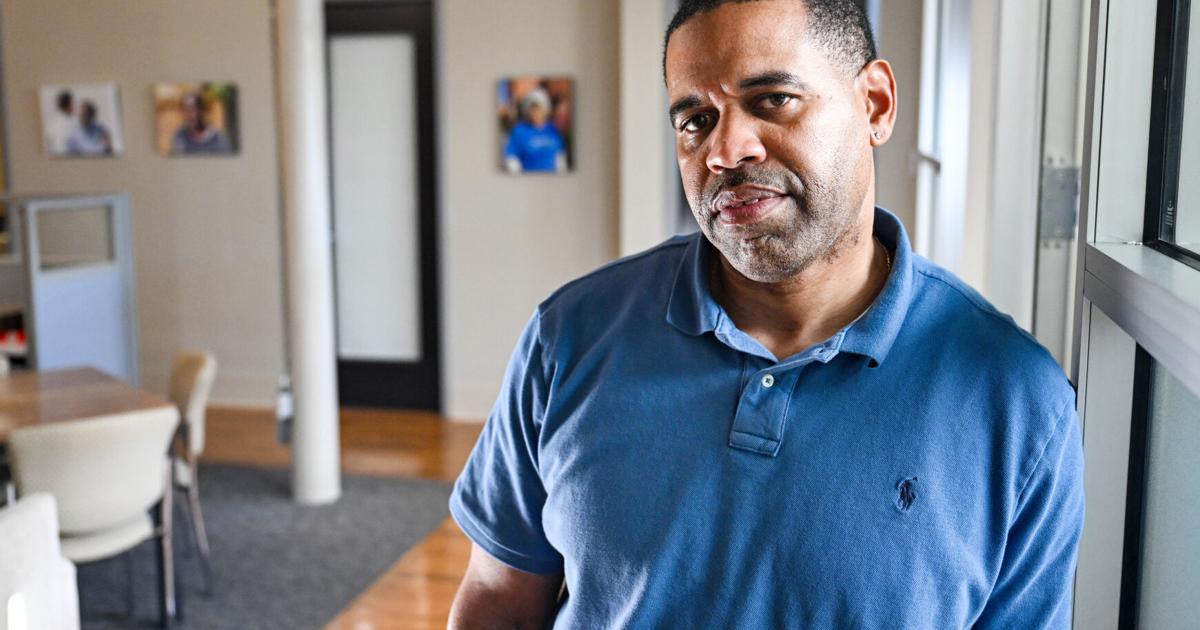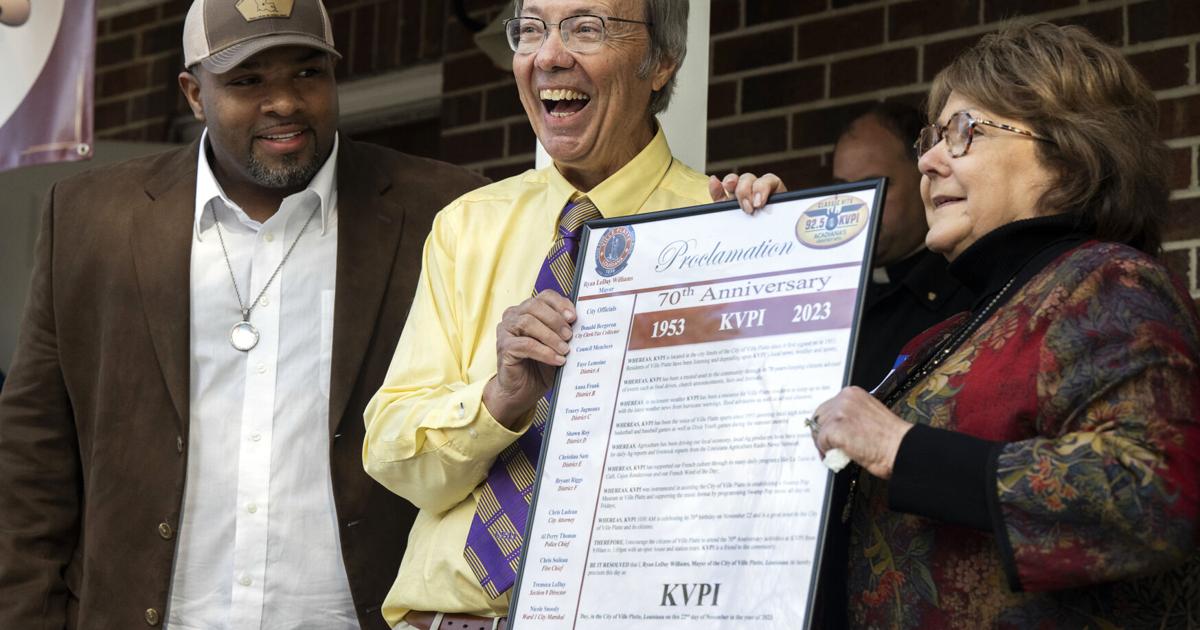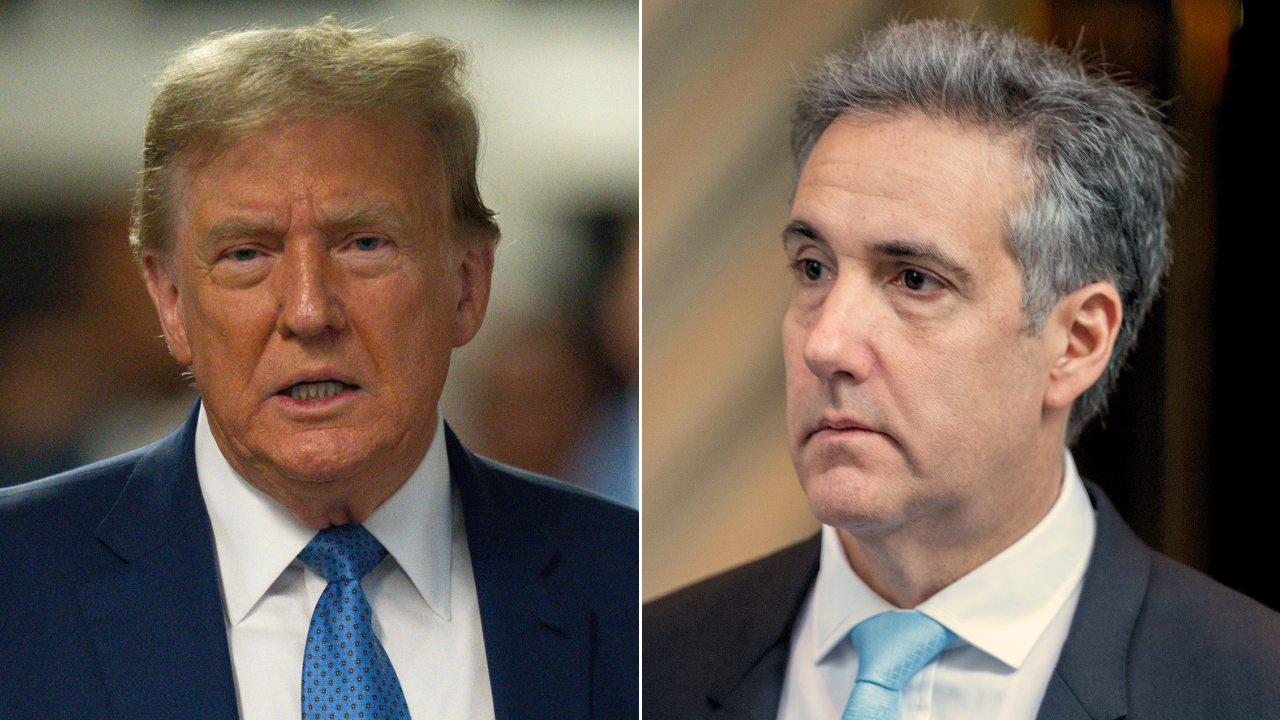Louisiana
Louisiana gets massive funding from infrastructure and climate laws. Here’s how $10B will be used.
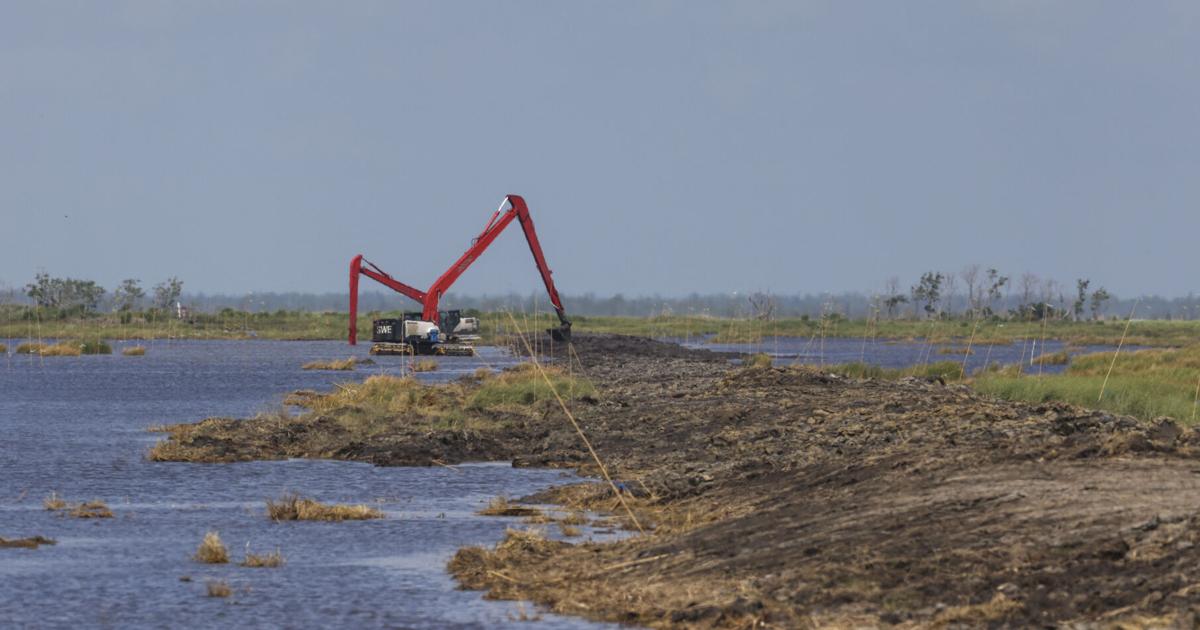
A Houma shipbuilder will spend $624 million building cutting-edge vessels to map the ocean and create nautical charts for the federal government. Two companies, Syrah Technologies and Koura, will spend a collective $320 million manufacturing materials for electric vehicle batteries in Vidalia and St. Gabriel. A group of firms will spend $603 million on a controversial carbon capture project in southwest Louisiana.
All of it will be funded by the federal government as part of the $10.2 billion Louisiana has been awarded, so far, through two massive infrastructure and climate laws passed since 2021, according to a new state report.
The money will provide a staggering windfall for Louisiana at a time when climate change has prompted the state to try and harden its infrastructure and transition some of its most important industries away from fossil fuels.
The report, released earlier this month by Gov. John Bel Edwards, tracks more than 780 projects receiving funding from the bipartisan infrastructure law passed in 2021 and the Inflation Reduction Act passed in 2022. It’s the broadest accounting yet of what the two laws, which combined will spend around $2 trillion across the U.S., mean for Louisiana. More funds are likely on the way as state agencies, local governments and private companies continue applying for grant programs through the legislation.
Governor John Bel Edwards speaks at the Huey P. Long Fieldhouse restoration project ribbon cutting ceremony on Tuesday, October 24, 2023.
Edwards, a Democrat who has championed infrastructure projects at the state and federal level, has used his climate action plan, which seeks to decrease Louisiana’s carbon emissions to net zero by 2050, as a roadmap for spending much of the money. But he leaves office in January, and the oversight of the billions in federal funds already awarded — and the state’s ability to land more awards — will now be left to Gov.-elect Jeff Landry, who hasn’t said much publicly about how he’ll approach the federal programs.
Landry didn’t respond to messages seeking comment. In the past, he has called climate change a hoax and has sued the Biden administration multiple times for policies on oil and gas, COVID and other issues. But as part of his transition, he has tapped a committee of experts to chart a course for infrastructure in his administration. The group is expected to deliver a report soon.
Edwards’ administration and the Center for Planning Excellence, known as CPEX, a Baton Rouge nonprofit, held a series of workshops with state agency leaders over the past two years to try to get as much federal aid as possible and establish investment priorities, said Camille Manning-Broome, CPEX president and CEO.

Governor-elect Jeff Landry speaks during a press conference Wednesday, November 15, 2023, at Russo Park in Lafayette, La.
She said the programs “have the potential to advance large-scale, transformative initiatives that Louisiana desperately needs to modernize our antiquated and vulnerable infrastructure.” She added that the funding should allow the state to improve its “climate readiness” and ensure that supporting people and communities are the first priority when it comes to major projects.
Wide array of projects
The biggest category of projects is roads and bridges, which is set to get a windfall of $3.8 billion. Already receiving funding are projects to replace the Calcasieu River Bridge and help cities improve surface streets, among other things.
The money will also be used on other types of infrastructure. For instance, More than $1.3 billion is slated for projects aimed at making the state more resilient in the face of stronger hurricanes and other effects of a changing climate. That includes elevating flood-prone homes across south Louisiana and building the massive Morganza to the Gulf flood protection system.

The Calcasieu River Bridge is pictured Thursday, December 9, 2021, in Lake Charles, La.
Another $1.6 billion will go to building out clean energy and bolstering the power grid by making homes more energy efficient and deploying stronger utility poles. The state and its utilities are also looking to fund solar microgrids that can operate independently of the grid if a storm hits. Federal infrastructure money may be crucial if Entergy New Orleans is to embark on a massive resilience plan, which most agree is needed.
Nearly $1.6 billion is destined for an ambitious plan to deploy broadband access to every resident in the state.
Water systems are slated to be rebuilt through a $265 million grant fund that is doling out awards to local governments. Cities are set to get electric buses, contaminated sites are listed for cleanup and other infrastructure like airports, ports and railways have been awarded funds to bolster their operations.
New Orleans is set to get at least $123 million directly, and the state and private companies are also set to spend hundreds of millions more in the region.

Entergy crews move part of a large utility pole into place in the Bayou Bienvenue Marsh on Friday, September 30, 2005. Entergy crews are working to restore power to parts of St. Bernard Parish. They are using an Erickson Air Crane to lift huge utility poles and bring them into the Bayou Bienvenue marsh in Chalmette. (Photo by Rusty Costanza, NOLA.com | The Times-Picayune archive)
The funding for New Orleans includes $71 million for a program to provide low or no emissions buses; $24 million to fund a downtown transit center; $5.2 million to modernize the Algiers point ferry station and $2 million to clean up the abandoned naval complex in the Bywater.
The report said 68% of the awards are located in disadvantaged areas.
How Louisiana stacks up
It’s difficult to say how Louisiana stacks up to the rest of the U.S. in terms of federal funds.
Jackson Wright, director of special projects for Edwards, said there is no central repository for awards from the two bills. His office tracked announcements to come up with the list of projects in the state report, and developed an online map. But not all states have done the same.
A Times-Picayune analysis of a federal report of public funding from the Bipartisan Infrastructure Law suggests Louisiana is getting more than some neighboring states. That data indicates Louisiana has received $1,682 per person, compared to $1,614 for Arkansas, $1,555 for Mississippi, $1,172 for Alabama, $916 for Texas and $844 for Georgia.
The data only includes about $7.7 billion of the more than $9 billion in funds tracked by the state, meaning the per-capita figures are likely much higher.
Political support
Louisiana’s congressional delegation largely opposed both bills. U.S. Sen. Bill Cassidy, R-Baton Rouge, and U.S. Rep. Troy Carter, D-New Orleans, were the only members to support the bipartisan infrastructure law, in 2021. The other Republicans — U.S. Sen. John Kennedy and U.S. Reps. Garret Graves, Steve Scalise, Mike Johnson, Clay Higgins and Julia Letlow — all opposed both bills, which the GOP argued was an irresponsible use of tax dollars that would blow up the budget and hurt Louisiana industries.
Cassidy joined them in voting against the Inflation Reduction Act last year, leaving Carter as the only Louisiana supporter of the bill.

Senator Bill Cassidy tours the Ardoin building on the Lafayette campus of South Louisiana Community College on Thursday, August 31, 2023.
Still, Louisiana has been well-represented in the massive federal spending. Former New Orleans Mayor Mitch Landrieu has served as President Joe Biden’s infrastructure czar since 2021. And Cassidy has touted his role in helping craft the bipartisan infrastructure law, one of the few Republicans to cross the aisle to do so.
Landrieu said in a statement that Louisiana has seen “truly historic levels of investment thanks to President Biden.”
“Our roads and bridges are getting rebuilt, countless families can finally afford reliable high-speed internet, and we’re increasing our resilience to the impacts of climate change with stronger, more resilient infrastructure,” he said.

Louisiana
U.S. Sen. Bill Cassidy touts infrastructure grants awarded to Louisiana municipalities, utility districts during Donaldsonville event

Louisiana U.S. Sen. Bill Cassidy released a statement after awarding more than $52 million in grants from the Infrastructure Investment and Jobs Act to municipalities and gas utility districts during an event May 17 in Donaldsonville.
“This money will decrease the risk of explosion and decrease the amount of wasted methane which people are paying for, thus saving folks money,” Cassidy said in the announcement. “It also cleans up our environment. It’s a good investment of taxpayer dollars for the benefit of folks in Louisiana.”
In an effort to safeguard natural gas pipelines, nearly $1 billion will be awarded over a five-year span throughout the country with $392 million being awarded this year, the senator added.
As previously reported, the cities of Donaldsonville, Port Allen and Walker, the town of Berwick, and gas utility districts in East Baton Rouge, East Feliciana and West Feliciana parishes were grant recipients.
Similar funding was awarded last April with more than $27 million going to municipalities in south and central Louisiana.
Per Cassidy, the IIJA has awarded more than $9.1 billion to Louisiana since the president signed it into law in late 2021.
The funding has gone toward repairing bridges, building flood protection systems and extending broadband in rural areas.
Cassidy noted Donaldsonville Mayor Leroy Sullivan’s city received the largest grant, which was $20 million to replace 27.3 miles of natural gas infrastructure.
Sullivan said the gas line improvement grant from the Pipeline and Hazardous Materials Safety Administration “is a pivotal moment for the City of Donaldsonville.”
“Sen. Cassidy was instrumental in helping us secure this funding and we are deeply grateful for his unwavering support.,” the mayor said in the announcement. “This project is an investment in the future of our city and positions our community for continued growth.”
Gonzales Weekly Citizen and Donaldsonville Chief, part of the USA Today Network of Louisiana, cover Ascension Parish and the greater Baton Rouge area. Follow at facebook.com/WeeklyCitizen and facebook.com/DonaldsonvilleChief.
Louisiana
St. Tammany library board members sue over removal • Louisiana Illuminator

Three St. Tammany library board members removed after a years-long fight over book content are suing the parish council and one of its district representatives in an attempt to block their removal.
Their federal lawsuit comes after the parish council voted earlier this month to replace five of the six members of the St. Tammany Library Board of Control, a volunteer body that oversees the parish library system. Their removal culminated months of contentious fights.
Conservative activists in the parish, led by the far-right St. Tammany Library Accountability Project, attempted to ban more than 150 books it deemed sexually explicit. Most of the titles challenged have LGBTQ+ themes. The library board repeatedly refused to limit access to the books, rejecting arguments that the books were sexually explicit. Their refusal put them crosswise with the new, more conservative parish council that took office earlier this year.
The three board members — Bill McHugh, Anthony Parr and Rebecca Taylor — are suing the St. Tammany Parish Council and Councilman David Cougle, a founder and attorney for the Accountability Project who led the charge to remove the members. The plaintiffs have asked the court for a temporary restraining order on their removal, which would allow them to stay in their positions while the lawsuit plays out.
GET THE MORNING HEADLINES DELIVERED TO YOUR INBOX
In a statement, the plaintiffs emphasized the lawsuit was undertaken by them as individuals, not as an official action by the library board. They also noted Kelly LaRocca, the parish’s library director, is not involved in the suit.
Cougle has not yet responded to a request for comment for this report.
On May 4, the parish council voted to replace five board members, ostensibly because the council had discovered the board was not serving in staggered terms, as required by state law. But rather than staggering the current board members, the council used the opportunity to remove board members that resisted book restrictions.
That violated the First Amendment rights of the ousted board members, the plaintiffs charge.
“Plaintiffs were engaged in constitutionally protected activity when they spoke and acted at Library Bord [sic] meetings, as well as when they spoke out on matters of public concern such as the controversy over books with LGBTQ themes and characters, the presence or absence of sexually explicit material in libraries, whether or not certain materials available in libraries is ‘pornography’ or constitutes ‘obscenity,’ and whether and how minors have access to such materials,” the lawsuit reads.
The lawsuit alleges the concern over staggered terms was an “obvious ploy” used to retaliate against their protected speech and their refusal to restrict access to books.
“Supreme Court precedent has focused “not only on the role of the First Amendment in fostering individual self-expression but also on its role in affording the public access to discussion, debate, and the dissemination of information and ideas,” the lawsuit says. “And it has recognized that ‘the State may not, consistently with the spirit of the First Amendment, contract the spectrum of available knowledge.’”
The suit has been filed in federal court for the Eastern District of Louisiana. If the court opts to grant a temporary restraining order, the existing library board would be allowed to continue serving pending the outcome of the lawsuit, which seeks to permanently block the council’s resolution to remove members.
“Preventing the Parish Council from engaging in unlawful patronage dismissal will preserve the integrity and independence of the Library Board, rather than leaving it subject to the political whims of the Parish Council,” the lawsuit says.
The lawsuit also says allowing the members to continue serving would continue to protect the public’s constitutional rights to receive information by maintaining their access to library books.
Louisiana
Louisiana Businesses Are Committed to Creating a Culture of Cleanliness


Sponsored by Keep Louisiana Beautiful
In just one year, over 450 businesses and 36 chambers of commerce have joined Keep Louisiana Beautiful’s (KLB) Clean Biz Partnership, committing to serve their communities as environmental stewards and promoting a culture of cleanliness amongst their employees. Not only are these partners already implementing best practices for litter prevention and waste reduction, but they are eager to continue their sustainability journey.
“A clean Louisiana is vital for business and future economic development,” said Lieutenant Governor Billy Nungesser. “People don’t want to visit or do business in communities that are littered. We must take pride in where we live and keep Louisiana clean and beautiful.”
“In 2023, KLB’s litter study found that 92% of Louisianans believe litter is a problem, and it  costs taxpayers $91.4 million each year,” said Susan Russell, KLB Executive Director. “Litter hurts real estate values, harms wildlife, and it pollutes our environment. If we all do our part, businesses included, we can stop litter from happening in the first place.”
costs taxpayers $91.4 million each year,” said Susan Russell, KLB Executive Director. “Litter hurts real estate values, harms wildlife, and it pollutes our environment. If we all do our part, businesses included, we can stop litter from happening in the first place.”
To help prevent litter, Clean Biz Partners commit to:
- Picking up litter from their parking bays and/or around their business daily.
- Placing trash receptacles at their business storefront or at transition points.
- Maintaining a clean dumpster by keeping the lid closed and the area around the dumpster free of litter and debris.
- Maintaining their business lawn and landscaping.
- Participating in community improvement activities.
- Creating a culture of cleanliness for their employees and customers.
Ann Trappey, interim President and CEO of BRAC, stated, “Forty-eight businesses in Baton Rouge have joined the Clean Biz Partnership, with more joining each month. BRAC is proud to collaborate with Keep Louisiana Beautiful to clean up our community and empower business owners and their employees to implement simple measures to prevent litter. I encourage all businesses to join this free and valuable program.”
Sign up to be a Clean Biz Partner for free at keeplouisianabeautiful.org/cleanbiz. Upon joining the partnership, you will receive a window cling, a social media kit, and other marketing assets. Questions about the program can be directed jchappuis@keeplouisianabeautiful.org.


-

 News1 week ago
News1 week agoSkeletal remains found almost 40 years ago identified as woman who disappeared in 1968
-

 Movie Reviews1 week ago
Movie Reviews1 week ago“Kingdom of the Planet of the Apes”: Disney's New Kingdom is Far From Magical (Movie Review)
-

 World1 week ago
World1 week agoIndia Lok Sabha election 2024 Phase 4: Who votes and what’s at stake?
-

 World1 week ago
World1 week agoUkraine’s military chief admits ‘difficult situation’ in Kharkiv region
-

 World1 week ago
World1 week agoCatalans vote in crucial regional election for the separatist movement
-

 Politics1 week ago
Politics1 week agoNorth Dakota gov, former presidential candidate Doug Burgum front and center at Trump New Jersey rally
-

 Movie Reviews1 week ago
Movie Reviews1 week agoAavesham Movie Review
-

 News1 week ago
News1 week agoTrump, Reciting Songs And Praising Cannibals, Draws Yawns And Raises Eyebrows

